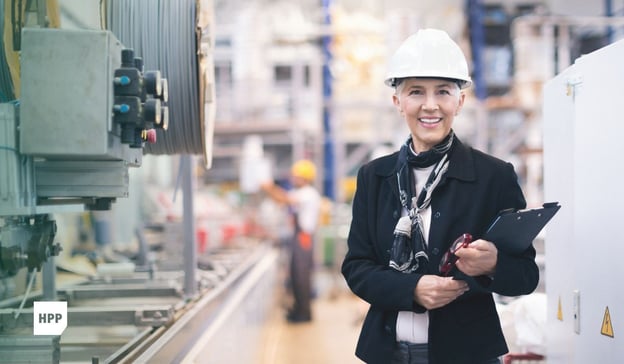Innovations in Sustainable Manufacturing, Waste Reduction, and Alternative Materials
In the years after WWII, the US plastics industry expanded rapidly, and innovation hasn’t stopped since. While plastics are irreplaceable, how we manufacture and dispose of them is under scrutiny. Sustainability and the plastics industry need to figure out how to coexist. What does that mean for the future of the plastics industry?
Sustainability in Manufacturing
Along with other industries worldwide, the plastics industry is eyeing more sustainable manufacturing practices. The trend toward creating manufactured products through economically-sound processes that minimize negative environmental impacts while conserving energy and natural resources must continue if the plastics industry is to remain viable. Soon we can expect to see the following shifts:
- Massive energy efficiency upgrades to older manufacturing facilities.
- Greater attention to designing for sustainability and waste reduction.
- Increased transparency and accountability surrounding the use of raw materials and new ways to repurpose waste.
- More clearly defined sustainability policy spurred by consumer demand and government regulation.
- Greater commitment from plastics supply chain leaders like the Plastics Industry Association, whose sustainability statement encourages all companies engaged in plastics manufacturing to make sustainability a guiding principle at all levels of operation.
- Greater emphasis on ensuring the circularity of plastics.
Reducing Plastic Waste and Single-Use Plastics
The plastics industry produces an astonishingly wide range of products for nearly every market sector. But while plastics are integral to maintaining the standards we’ve come to expect from the medical, auto, energy, and other industries, there are ways to reduce waste and strengthen recycling options significantly.
Single-use plastics, microplastics, and sheet or film products are major contributors to plastic pollution worldwide. There is already an active movement to curb single-use plastic production. Additionally, developments in mechanical and chemical recycling are expected to support a more circular plastics economy. And while it might seem far-fetched, research has shown that wax worms have two enzymes in their saliva that break down plastic waste at room temperature within just a few hours. That kind of innovation could be the key to the plastics industry's future.
Alternatives to Traditional Plastics
Advancements in bioplastic polymers may also impact the future of the plastics industry. Alternatives to traditional plastics are already in demand, especially in the consumer sector. Selectively biodegradable plastics made from carrots and other organic materials could significantly shift the industry. Many of these alternative products are still in the testing phase — but if they prove to be an environmentally-friendly equivalent to petroleum-based products, the plastics industry could be on the verge of major change.
At Houston Plastic Products, we’re on the path to a more sustainable plastics industry. We’re prioritizing energy reduction and more sustainable design every day. Regenerating materials without sacrificing quality, diverting waste from landfills, and aiming for zero production waste by 2025 are just some of the ways we’re supporting the future of the plastics industry. Our commitment to sustainability extends to our manufacturing partners, too. Let us know if you have a project that needs to meet stringent sustainability goals. Our team is ready to help you design a more sustainable future.



